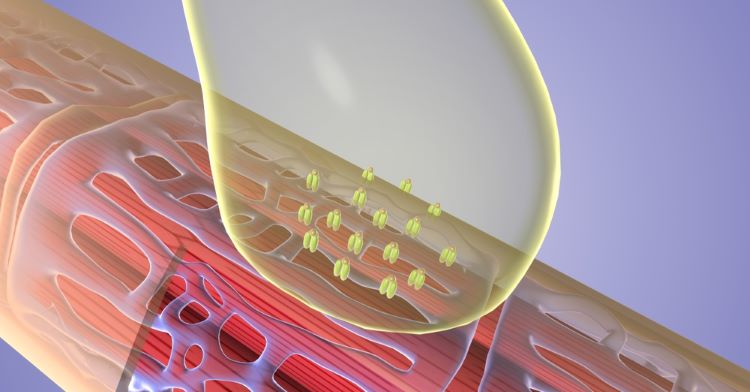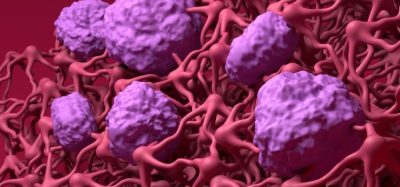First RNA CAR-T therapy autoimmunity trial shows potential
Posted: 23 June 2023 | Catherine Eckford (European Pharmaceutical Review) | No comments yet
A novel RNA CAR-T cell therapy demonstrated long-term clinical benefit for most generalised myasthenia gravis (gMG) patients in a landmark study.


Study data from a major trial has demonstrated RNA CAR-T (rCAR-T) therapy Descartes-08 facilitated significant and long-lasting clinical improvement in generalised myasthenia gravis (gMG). This is the first clinical trial using rCAR-T to treat autoimmunity. It is also the first successful Phase II trial using an engineered cell therapy for autoimmunity.
Described as a “safe, personalised therapy” by Samantha Masterson, President & CEO of Myasthenia Gravis Foundation of America, the first-in-class autologous rCAR-T therapy does not require lymphodepletion chemotherapy, has predictable and controllable pharmacokinetics, and avoids the risk of genomic integration.
Descartes-08 works by modifying patients’ T-cells with mRNA to express a chimeric antigen receptor (CAR).
“Conventional, DNA-engineered CAR T-cells are highly effective in treating several blood cancers, but associated toxicities and the need for lymphodepletion chemotherapy limit their use beyond oncology,” commented Dr Miloš Miljković, Chief Medical Officer at Cartesian Therapeutics.
“To expand the capabilities of cell therapy to new areas and improve safety, we engineered CAR T-cells with RNA and used them to treat patients with gMG,” Dr Miljković added.
The RNA cell therapy study for myasthenia gravis
There were 14 gMG patients enrolled in the study. They received six infusions of the rCAR-T therapy. Patients were followed for a median duration of six months.
The rCAR-T therapy was well tolerated, with no dose-limiting toxicities, cytokine release syndrome, or neurotoxicity. Clinical improvements were marked and long-lasting across four validated gMG disease scoring systems.
At six months, the average improvements [from the RNA CAR-T therapy] were about three-fold greater than thresholds considered clinically meaningful”
At six months, the average improvements were about three-fold greater than thresholds considered clinically meaningful.
Clinical benefit was sustained long-term for most patients, even months after completing the course of therapy.
Three patients achieved complete or near-complete eradication of all disease symptoms. Two other patients who relied on chronic IVIg therapy prior to enrolment no longer needed treatment after receiving the Descartes-08 rCAR-T therapy.
Data from the study was published in The Lancet Neurology.
A potential approach for eliminating use of immunosuppressive therapy
With chronic use of broad immunosuppression being the current standard therapy for gMG patients, senior author on the paper Dr James Howard, Professor of Neurology at University of North Carolina stated: “The prospect of inducing potent, durable responses and reducing or eliminating use of immunosuppressive therapy is very appealing to the myasthenia community.”
Additionally, the aforementioned data suggest that rCAR-T may be useful in treating a variety of other autoimmune diseases.
The cell therapy study was funded in part by the National Institutes of Health (NIH).
Related topics
Clinical Development, Clinical Trials, Drug Development, Drug Safety, Research & Development (R&D), RNA, t-cells, Technology, Therapeutics









